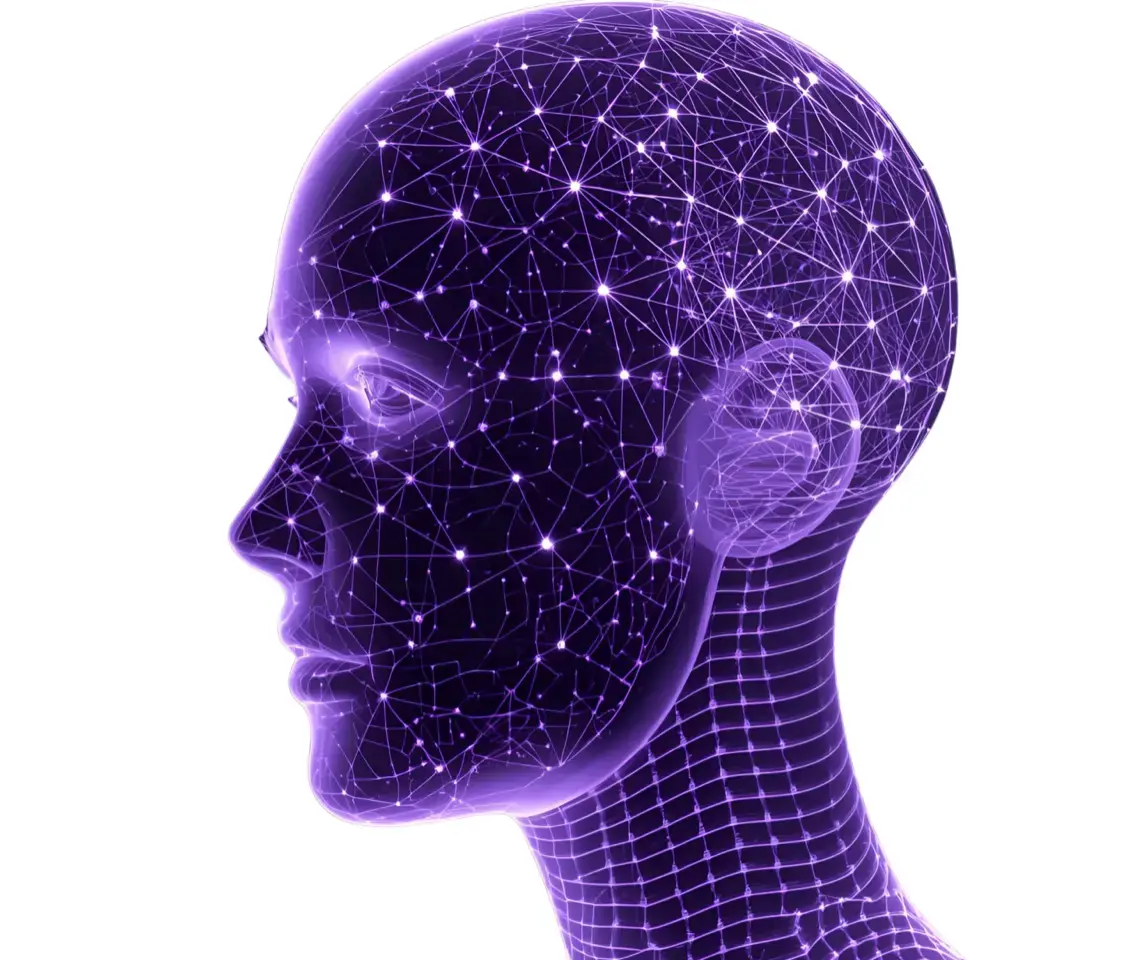Artificial intelligence (AI) is transforming how organisations operate, from recruitment and project management to research and reporting. It can now generate content, analyse data, and design frameworks at unprecedented speed.
Yet as AI reshapes the professional landscape, it also raises a fundamental question: what remains uniquely human, and how should organisations govern the balance between efficiency and integrity?
At the Centre for Transnational Development and Collaboration (CTDC), we see this moment not as a threat, but as an invitation to reimagine how we define expertise, accountability, and care in the workplace.
🌱 The Human Element of Governance
AI can process data, but it cannot build trust, culture, or values, all essential to governance. In organisations working for justice, equality, and social impact, these are not technical details; they are the foundation of credibility and legitimacy.
Governance in the age of AI therefore requires ethical oversight not only of how technology is used, but also of how it shapes decision-making and relationships. Who designs the algorithms? Whose biases are embedded in them? How do we ensure transparency and accountability in tools that learn from human input?
Institutions will need governance systems that:
- Set ethical parameters for AI use and data privacy.
- Ensure participation and consent in how automated tools affect people’s roles and rights.
- Maintain human oversight in judgment, interpretation, and organisational decisions.
💡 Rethinking Competence in the AI Era
One of the most immediate challenges for hiring and consultancy is assessing competence in an environment where AI can generate high-quality written or visual outputs.
A well-formatted report or a fluent proposal no longer means subject-matter expertise. True competence must be measured not only by what is produced, but by how it is produced, through critical thinking, contextual understanding, and ethical awareness.
In practice, this means:
- Placing greater emphasis on problem-solving, collaboration, and reflection during recruitment and evaluation.
- Recognising that insight and interpretation, not surface-level outputs, distinguish expertise.
- Encouraging candidates and consultants to demonstrate how they integrate human judgment with technological tools, rather than rely on automation alone.
The most capable professionals will be those who can combine digital fluency with ethical reasoning, empathy, and relational skills.
⚙️ When AI Replaces the Technical, Humans Deepen the Transformative
AI is already automating technical functions once central to many roles, from data analysis and report drafting to framework generation. But rather than replacing humans, this shift frees them to focus on what technology cannot do:
- Facilitating dialogue and organisational reflection.
- Supporting healing, inclusion, and accountability in teams.
- Interpreting complexity through intersectional and political lenses.
- Building governance systems rooted in justice and care.
As organisations delegate technical precision to machines, they must invest in human capacities that ensure understanding of contexts and power dynamics, emotional intelligence, and ethical integrity remain at the core.
🧭 Governing AI, Governing Ourselves
The governance of AI is inseparable from organisational governance itself.
Both demand transparency, accountability, and participation.
Both depend on how institutions define power, authority, and responsibility.
Embedding AI within governance systems means establishing policies that regulate its use, clarify ownership of generated content, and maintain ethical accountability. But it also means asking deeper questions:
- Are our internal governance systems inclusive enough to make these decisions collectively?
- Do our accountability frameworks reflect care and human impact as much as efficiency?
- Are we building organisations resilient enough to adapt without losing their values?
“AI can optimise systems, but only people can govern with integrity.”
🌍 Building Human Futures
At CTDC, we believe that the organisations that will thrive in the age of AI are those that centre people, not machines, in their governance, culture, and learning.
The future of work will not belong to the fastest adopters of technology, but to those who use it with conscience, curiosity, and care.
AI may accelerate production, but it is human judgment, empathy, and ethical reflection that sustain accountability and transformation.
✳️ At CTDC
We support organisations in rethinking governance, accountability, and learning systems for the AI era, integrating ethics, participatory design, and values-based leadership.
📩 Contact us to explore how CTDC can help your organisation build governance systems that balance innovation with integrity.
Reach to Us
Have questions or want to collaborate? We'd love to hear from you.



